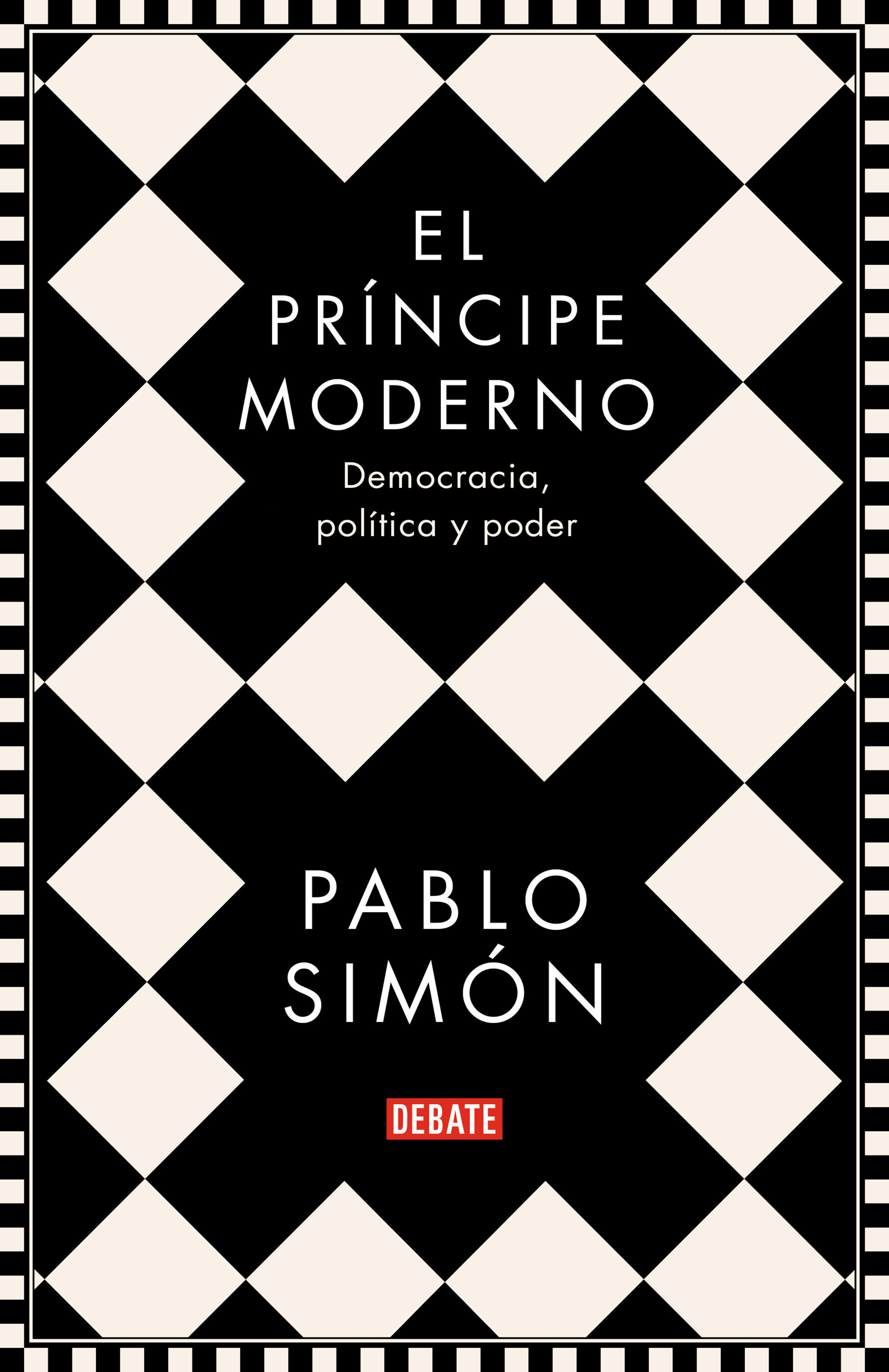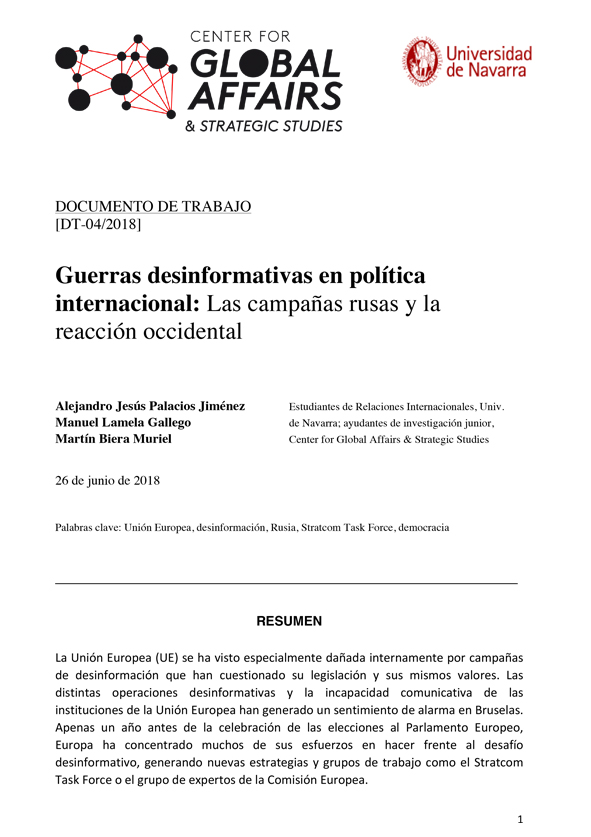Ruta de navegación
Menú de navegación
Blogs
Entries with label democracy .
[Francis Fukuyama, Identity. The demand for dignity and the politics of resentment. Deusto, Barcelona, 2019. 208 p.]
review / Emili J. Blasco
 |
The democratic deterioration we are seeing in the world today is generating a literature of its own, like that which, on the opposite phenomenon, arose with the democratic springtime experienced after the fall of the Berlin Wall (what Huntington called the third wave of democratization). In that moment of optimism, Francis Fukuyama popularized the idea of the "end of history" -democracy as the final written request in the evolution of human institutions-; today, in this democratic autumn, Fukuyama warns in a new essay of the risk that identity, stripped of liberal safeguards, will phagocytize other values if it remains in the hands of resurgent populist nationalism.
The warning is not new. Huntington, who in 1996 published his Clash of Civilizations, highlighted the driving power of nationalism, was not moved by it; then, in recent years, various authors have referred to the recession of the democratic tide. Fukuyama quotation the expression of Larry Diamond "democratic recession", noting that compared to the leap made between 1970 and the beginning of the new millennium (from 35 to 120 electoral democracies), today the issue has decreased.
The last famous theorist of the International Office to write about this was John Mearsheimer, who in The Great Delusion notes how the world today realizes the naivety of thinking that the liberal architecture was going to dominate the domestic and foreign policy of nations. For Mearsheimer, nationalism is once again emerging strongly as an alternative. This had already been observed just after the decomposition of the Eastern Bloc and the USSR, with the Balkan war as a paradigmatic example, but the democratization of Central and Eastern Europe and its rapid entry into NATO led todelusion.
It has been the personality and policies of the current inhabitant of the White House that has put some American thinkers, including Fukuyama, on alert. "This book would not have been written if Donald J. Trump had not been elected president in November 2016," warns the Stanford University professor, director of his Center on Democracy, development and the Rule of Law. In his view, Trump "is both a product and a contributor to democratic decline" and is an exponent of the broader phenomenon of populist nationalism.
Fukuyama defines populism in terms of its leaders: "Populist leaders seek to use the legitimacy conferred by democratic elections to consolidate their power. They claim a direct and charismatic connection with the people, who are often defined in narrow ethnic terms that exclude important parts of the population. They dislike institutions and seek to undermine the checks and balances that limit a leader's power staff in a modern liberal democracy: courts, parliament, independent media and a non-partisan bureaucracy."
It is probably unfair to hold against Fukuyama some conclusions of The End of History and the Last Man (1992), a book often misinterpreted and taken out of his theoretical core topic . The author has then further concretized his thinking on the institutional development of social organization, especially in his titles Origins of Political Order (2011) and Political Order and Political Decay: From the Industrial Revolution to the Present Day (2014). Already in the latter he pointed to the risk of regression, particularly in view of the polarization and lack of consensus in American politics.
In Identity, Fukuyama considers that non-ethnic nationalism has been a positive force in societies whenever it has been based on the construction of identities around liberal and democratic political values (he gives the example of India, France, Canada and the United States). This is because identity, which facilitates a sense of community and belonging, can contribute to six functions: physical security, quality of government, promotion of economic development , increase in the radius of trust, maintenance of social protection that mitigates economic inequalities, and facilitation of liberal democracy itself.
However -and this may be the book's intended warning-, at a time of recession of liberal and democratic values, these are going to accompany the identity phenomenon less and less, so that in many cases it may change from integrating to excluding.
[Pablo Simón, The modern prince: Democracy, politics and power. discussion, Barcelona 2018, 272 pages]
review / Alejandro Palacios
 |
The International Office are guided in each State by a series of leaders and, indirectly, by political parties that are elected more or less democratically by the citizens. Therefore, the high volatility of the vote that we see spreading today in our societies has indirect repercussions on the drift of the international system. This book attempts to review the political systems of some countries to try to explain, in essence, how citizens interact within each political system. The relevance of the book is therefore more than justified.
In fact, by understanding the voting tendencies of citizens, shaped by social divisions and the political system they face, we can get an idea of why such politically radical leaders as Trump or Bolsonaro have emerged. For example, voting in a majoritarian system is not the same as voting in a proportional system. Nor do young people and adults, city dwellers and country dwellers, or men and women vote the same (divisions known as the triple electoral gap).
The author of the book, the Spanish political scientist Pablo Simón, takes as a starting point the Great Recession of 2008, a moment in which new political options began to emerge, encouraged in part by the loss of confidence in both traditional political parties and in the system itself. At the same time, the work attempts to vindicate the importance of the existence of a political science that, as such, is capable of taking a popular assertion about a relevant topic , contrast it empirically and draw mostly general conclusions that help to confirm or disprove that belief.
Pablo Simón also combines the practical analysis of real cases in different countries with theoretical clarifications. This financial aid makes it easy for less familiar readers to follow the explanations of the phenomena he explains reference letter, thus making this book accessible to the general public and not only to an audience specialized in political theory and analysis.
The comparison that the author makes of the different political systems of several countries (he talks about Spain, but also about France, Belgium and the United States, among others) makes this book an excellent guide of enquiry for all those who, without being specifically dedicated to it, want to have a global idea of the party systems in the rest of the world and of the reason for the current political dynamics.
As a counterpoint to the effort of knowledge dissemination there is logically a lesser depth in certain aspects addressed. But it is precisely this informative approach that makes the text pleasant to read, both for the clarity and conciseness of its content (not excessively technical and with theoretical clarifications) and for its length (barely 275 pages). In final, a book which constitutes the perfect guide for all those interested in the functioning of politics in a broad sense, its causes and effects.
DOC. DE work / A. Palacios, M. Lamela, M. Biera[English version].
SUMMARY
The European Union (EU) has been particularly damaged internally by disinformation campaigns that have challenged its legislation and its very values. The various disinformation operations and the EU institutions' inability to communicate have generated a sense of alarm in Brussels. Barely a year before the European Parliament elections, Europe has concentrated much of its efforts on tackling the disinformation challenge, generating new strategies and work groups such as the Stratcom Task Force or the European Commission's group of experts.
 download the complete document [pdf. 381K]
download the complete document [pdf. 381K]
